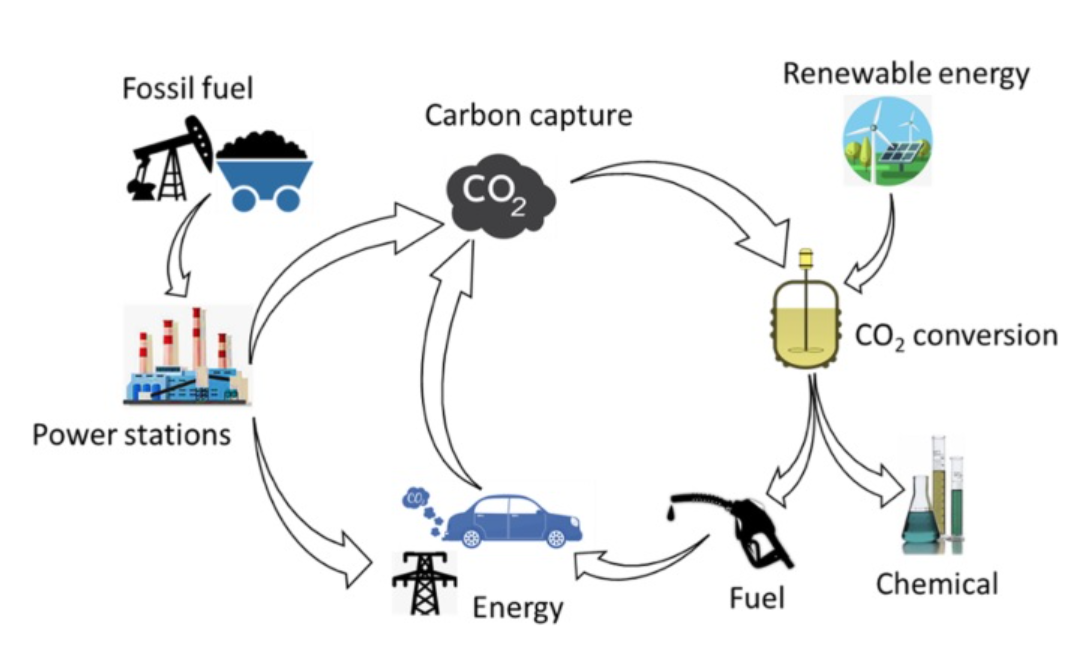INP-WealthPk
Naveed Ahmed
The Pakistani economy has enormous potential to capture and exploit carbon dioxide for production of biofuels and other commercial products, reports WealthPK.
- Naveed Anwar, a faculty member of the Sustainable Development Study Centre (SDSC), Government College University, Lahore, told WealthPK that the government and private sector can sequester carbon dioxide before and after combustion in different manufacturing procedures to produce commercial products and biofuel.

These extractions of CO2 are a sustainable and practical method that might help tackle the determinantal effects of CO2 on the environment with a zero-carbon economy in focus. He noted that reducing CO2 and other greenhouse gas emissions is essential for preventing the worst effects of global warming.
“Many regions of the world have been devastated by droughts, hurricanes, heavy rains, floods, tornadoes, and wildfires, posing significant economic and environmental risks. In addition to fighting climate change, the new focus on utilizing CO2 to produce commercial products is driven by a desire to promote a sustainable economic solution to combat climate change in the future. We had made efforts to convert carbon dioxide, a potent greenhouse gas, into commercially acceptable by-products,’’ he said.
The SDSC faculty member elaborated that businesses, governments, and investors were increasingly aware of the potential benefits of utilizing carbon dioxide (CO2). CO2 is used in manufacturing food and beverages, metalworking industry, as a coolant, fire suppressant, and in greenhouses to promote plant growth. It is also used in manufacturing biofuels, chemicals, and building materials to boost biological processes' yields.
Explaining the role of CO2 in global commercial manufacturing, Naveed said the annual global CO2 consumption was about 230 metric tonnes. Around 130 metric tons of CO2 is used annually by the fertilizer industry for urea production, followed by the oil sector's usage of 70–80 metric tonnes of CO2 for enhanced oil recovery.
He said there were interesting options for capturing CO2 for commercial activities in Pakistan other than from the atmosphere; one is sequestration via algae growth. In this method, an alga is grown using wastewater containing nitrogen and phosphorus to contain biomass which can be used as fertilizers for crops. The government can reduce food insecurity because biomass leftovers may be used as bio-fertilizer for crops.
This biomass can also be used by the local industry efficiently to produce biofuels. Use of algae to produce biofuels results in 78% reduction in CO2 emissions compared to the petroleum-based fuels. These solutions have the potential to benefit the environment, the economy, and the people by addressing pressing problems like climate change, economic instability, and the energy crisis, Anwar added.
Credit : Independent News Pakistan-WealthPk




